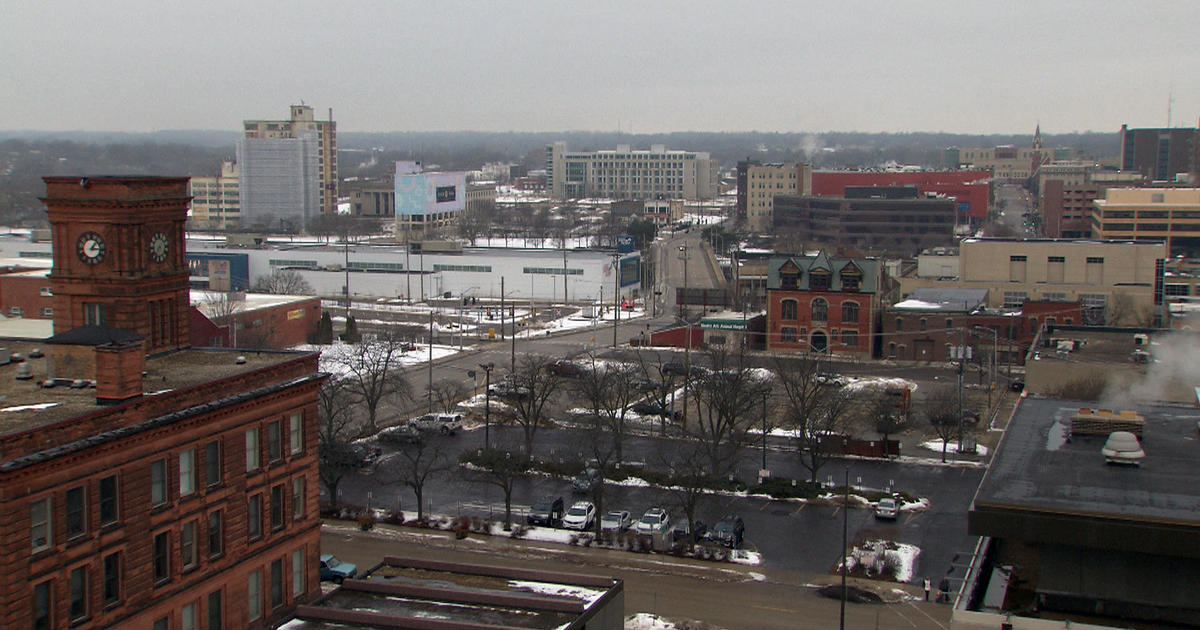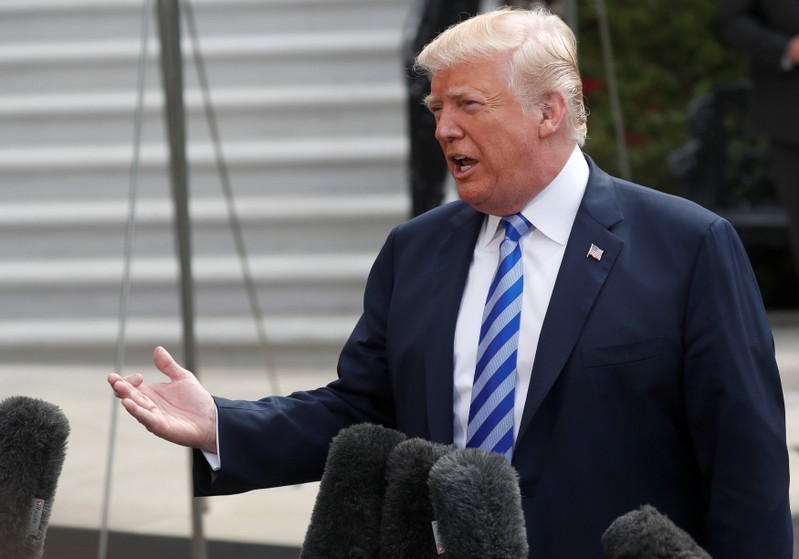
Rockford, Illinois, had enough. What pushed it over the edge was the high cost of a prescription drug that in 2001 cost about $40 a vial and today goes for more than $40,000 a vial. The city decided to challenge the health care system that created the 100,000 percent price increase in that one drug. Lesley Stahl reports on one city’s quest to take on an industry that it says is shrouded in secrecy and puts its bottom line ahead of the best interests of its sick customers. Stahl’s report will be broadcast on 60 Minutes, Sunday, May 6 at 7:00 p.m. ET/PT on CBS
“As long as they can get away with the increase in price, they’re going to do it. Until somebody pushes back.”
Rockford, an old industrial city, still pays the health care costs for its 1,000 municipal workers and their dependents rather than using an insurance company. When it was faced with paying nearly half a million dollars for the 66-year-old drug used to treat infantile spasms in just two of its employees’ children, the city’s then-mayor, Larry Morrissey, wanted to know why. But his investigation hit a brick wall for two years. “It’s absolute secrecy. There’s an absolute opaque system of pricing for drugs in our country. That’s part of the problem,” Morrissey says.
Morrissey says because his city’s drug bill was skyrocketing it was affecting his ability to fund basic services like fire and police. “Everybody’s asking the question, ‘Why is healthcare so expensive?’ Because the fix is in…That’s the short answer,” he tells Stahl. Rockford is suing the drug’s owner for price fixing, which the company denies.
The story of Rockford reveals how just about every player in the drug supply chain can make money when drug prices go up. For example, pharmacy benefit managers – firms that buy drugs for clients and promise them cheaper rates – can and do own businesses that earn money from packaging or delivering drugs. Under that scenario, Rockford’s lawyer says, the company has a divided loyalty between its mission to keep drug prices low on one hand and to maximize profits on the other.
Dr. Peter Bach, of Memorial Sloane Kettering hospital in New York, studies the cost and value of drugs. “The underlying problem we have with prescription drugs in this country is that every single actor has the potential to make money when drug prices go up,” he tells Stahl. “[Doctors] make more money when they give expensive drugs than less expensive drugs. It’s true of hospitals, too. It’s true of pharmacies as well. ” Says Morrissey, “As long as they can get away with the increase in price, they’re going to do it. Until somebody pushes back.”
© 2018 CBS Interactive Inc. All Rights Reserved.

